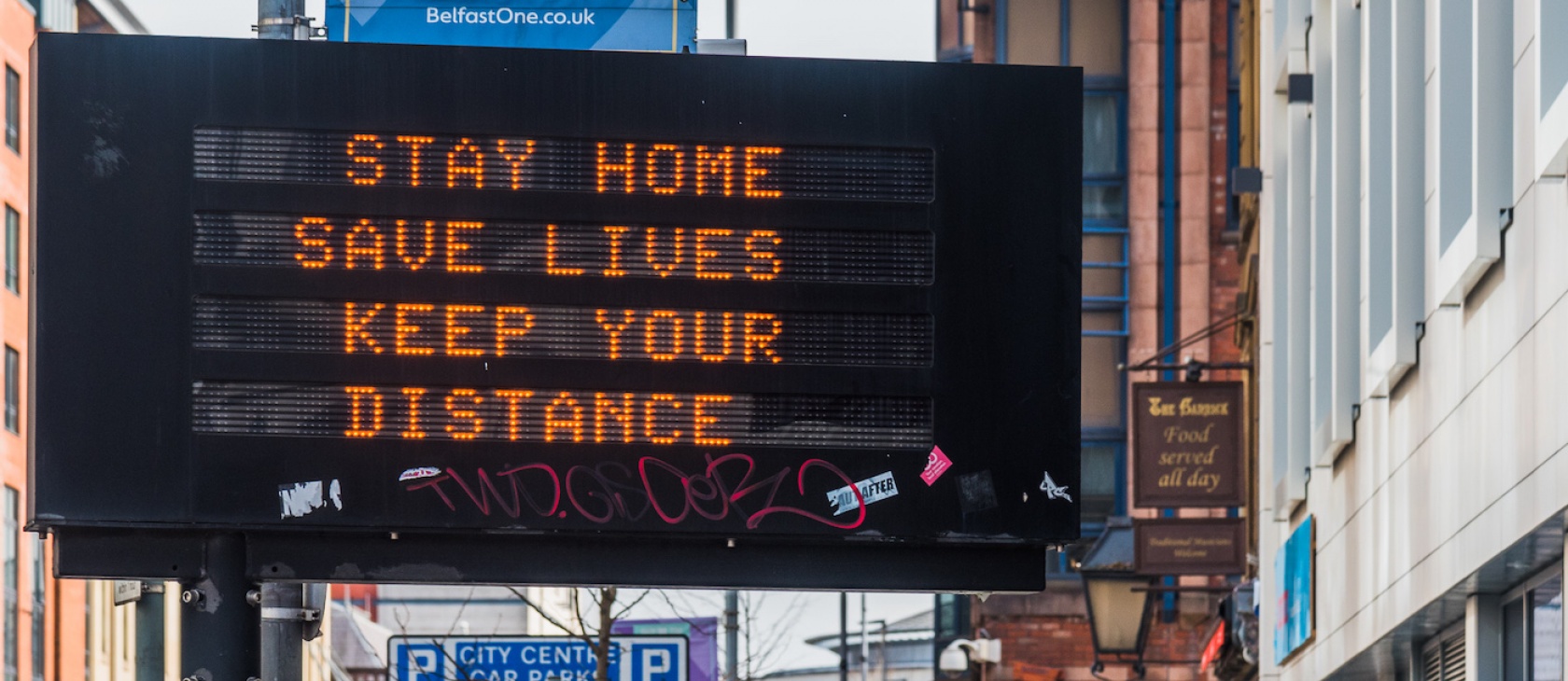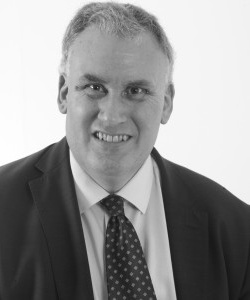The British nation is gripped by fear. Ipsos-Mori has conducted numerous polls of UK public opinion during the crisis with shocking results:
- 53% wanted health prioritised over the economy (13%);
- 50% of parents are uncomfortable with children returning to school with 38% comfortable; and
- 62% think that opening businesses puts too many people at risk.
Even with the second lockdown in November, the nation appears to be submissively accepting the lockdown narrative. This is highly dangerous to our liberties. The combination of crisis nostalgia, a culture of fear, the unremitting hatred of Prime Minister Boris Johnson’s government by the mainstream media (the people voting the wrong way of course in both the Brexit referendum and the December 2019 general election), the near-divine worship of the National Health Service, and the false linkage so beloved of pollsters (health or the economy) has resulted in a paralysis which is not an “unintended consequence” of the public response to the COVID-19 pandemic, but an entirely intended one. The consequence of these irrational obsessions is that under the cover of the COVID-19 epidemic, our liberties are being suppressed.
The false comparison of health and economics. Many maintain that businesses must close for the health of the nation. In Wales, we have in recent days seen the bizarre spectacle of supermarket shelves taped off, because they are selling the wrong type of goods. Those who seek to restrict our liberties frequently make false dilemmas: Do we value public health or economics? Unsurprisingly, most respond with health. As a result, most will survive the disease (which is potentially serious for seniors but has little impact on the overwhelming majority of working-age people), but suffer horrendous economic catastrophe, which will result in widespread loss of employment, triggering greater poverty, homelessness, reduction of retirement, and higher levels of other mental and physical conditions. Those who wish to restrict our liberties invariably fail to recognise that economic well-being and health cannot be separated into neat compartments and played off against each other. Our health and social well-being is inextricably linked to our economic freedom and activity.
Adopting economic and political restrictions on liberty as normal. Not only has COVID-19 provided cover for those who seek to restrict our liberties by falsely contrasting economics and health, the pandemic has also been used by the illiberal Left to normalize state interventions into the economy and our most personal, daily actions. We have seen this in a number of ways. First, many sought to extend or make permanent the government’s temporary economic interventions. In the “furlough” scheme, the British government in essence underwrote a portion of companies’ wages for a period of around three months. The UK’s Liberal Democrats (who really are neither) claimed that ending the scheme too early would be disastrous for millions of families. But they failed to ask if it will be more or less disastrous than the debt required to fund the scheme, which will be carried down through the generations. The Labour Party leader called for its extension and also urged “bespoke” support for certain industries. Johnson initially resisted but by early November caved in under pressure from the scientific establishment. There are suggestions that Boris believes he was conned.
These forces often promote their pet schemes under the guise of necessity. Maybe the loss of smell that is characteristic of COVID-19 explains why we have failed to sniff out the real intentions of those seeking to normalise government intervention, spending, and nationalisation under the cover of this disease. How can shackling future generations with this level of indebtedness be anything other than immoral?
The divinity of the National Health Service. This is not the place for a detailed debate about the merits or demerits of Britain’s National Health Service. However, the COVID-19 crisis has brought to the fore an aspect of the NHS which is often overlooked: its incessant tendency to bureaucracy and centralisation. Actually, the slogan “Save the NHS” appears now to be the priority over dealing with the virus itself. To cite three brief examples from the COVID-19 pandemic:
- Almost all testing had to be directed via centralised laboratories. There were not enough labs, so we had to wait until another one was built. The failure to permit localised, private-sector testing to any significant degree delayed the testing response.
- Centralised sourcing of protective equipment led to very, very slow approvals for the private sector to provide needed equipment. There must be central contracts and central control. There was a famous consignment from Turkey. Even when it did arrive, much of the equipment failed the necessary quality tests. There was one example of a hospital in a town of around 100,000 people which got so fed up of waiting that the medical staff approached local industry and – guess what? – the supply began flowing.
- The alleged “exceptionalism” of the NHS saw it decide to develop its own contact tracing app rather than using Google’s, which had been adopted by much of the rest of the world. NHS leaders could not permit the horrible private company Google to provide a solution.
The COVID-19 crisis has provided cover for those who wish to impose their views upon others and are willing to exploit the health fears of the population. Not a single member of the scientific establishment will lose his job in this downturn. C.S. Lewis wrote in a 1958 essay subsequently reprinted in his book God in the Dock that he dreaded government in the name of science. He added, most perceptively:
Again, the new oligarchy must more and more base its claim to plan us on its claim to knowledge. If we are to be mothered, mother must know best. This means they must increasingly rely on the advice of scientists, till in the end the politicians proper become merely the scientists’ puppets. Technocracy is the form to which a planned society must tend. Now I dread specialists in power because they are specialists speaking outside their special subjects. Let scientists tell us about sciences. But government involves questions about the good for man, and justice, and what things are worth having at what price; and on these a scientific training gives a man’s opinion no added value. Let the doctor tell me I shall die unless I do so-and-so; but whether life is worth having on those terms is no more a question for him than for any other man.
We clearly have a responsibility to act to fight the virus, which includes a government response. However, we must also remain aware of how those who seek to restrict our liberties act. Insidious comparisons are made between health and economics, and government interventions and high borrowing are normalised. The proper function of government is paralysed. Under the cloak of this awful disease, our political and economic liberties are threatened.
(Photo credit: Gerry Lynch. This photo has been cropped. CC BY-SA 4.0.)








